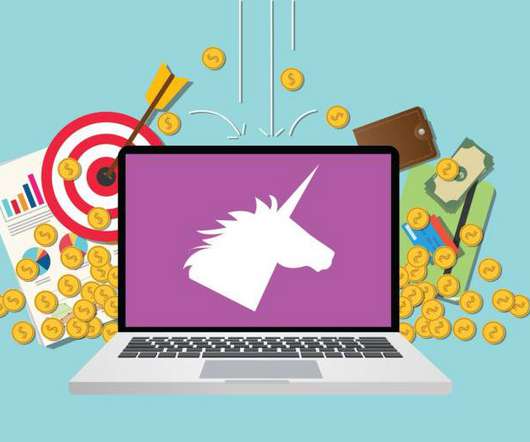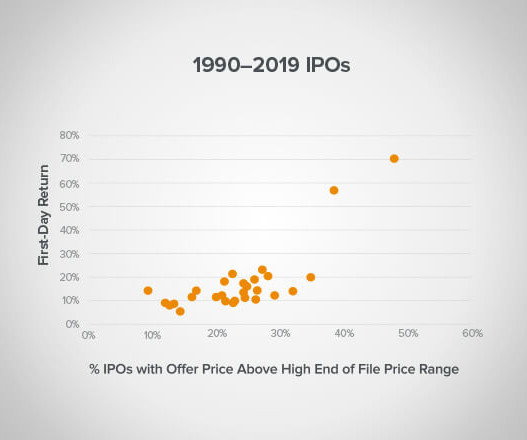Praying to the God of Valuation
Both Sides of the Table
DECEMBER 11, 2022
Something happened in the past 7 years in the startup and venture capital world that I hadn’t experienced since the late 90’s — we all began praying to the God of Valuation. There were startups and a software industry but barely. 2001–2007: THE BUILDING YEARS The dot com bubble had burst. What happened? There was no money train.



















Let's personalize your content